We understand agriculture.
Janzen Ag Law is a law firm focused on agriculture. Our attorneys are leaders in the industry. You deserve a law firm that knows your industry. We know agriculture.
Our agricultural clients.
We serve clients at every stage of agricultural production. We represent clients from newly formed start-ups to fifth-generation dairy farms.

Grain, Livestock and Specialty Crop Farms
Today's sophisticated farms face an ever-increasing set of regulations and legal issues. Over the years, we've helped farmers draft contracts, addressed issues connected with the expansion of farming operations, and worked with regulators to resolve environmental, insurance, and other regulatory challenges.

Ag Technology Companies
We are leading the national discussion on the role of technology in agriculture. We help agricultural technology providers draft privacy policies, data transfer agreements, and other contracts arising from agriculture's big data. As emerging technologies change farming, we are working to make sure the law keeps up.

Food and Agribusinesses
America's farmers are supported by a diverse network of farm support businesses. These includes farm cooperatives, seed and feed companies, industry trade organizations, ag-focused insurers, and food processors. We help these businesses with their contractual matters, litigation, and environmental compliance.
Latest Blog Posts and News

In the News
News about our attorneys.
Jeffrey Bowman enjoys the “hands on” aspect of serving as Law Clerk at Janzen Schroeder Ag Law.
How will the proposed WOTUS rule impact Farmers? Brianna Schroeder was interviewed by Erin Anderson of Brownfield Network on this topic at the 2026 Fort Wayne Farm Show.
Brianna Schroeder’s career path and achievements were highlighted in an article on the “Founded by Women” website.
Todd Janzen’s Ag Tech Blog has been named one of the Top 15 Food Blogs for 2025.
Todd Janzen shared insight on land leasing contract topics on the OakenAg Podcast.
December 1, 2025, marks the ten year anniversary of Janzen Schroeder Ag Law. Todd and Brianna share a “Top 10” list of reflections on the firm’s decade of serving agriculture.
Todd Janzen was interviewed by Erin Anderson of Brownfield Network regarding the intersection of AI and Ag Data, with protecting farmers’ data privacy as a top concern.
Brianna Schroeder co-authored the “Best Paper” at the 2025 American Bar Association’s SEER Fall Conference.
Molly Donnell, current Janzen Schroeder Law Clerk, appreciates the environmental aspects of ag law and the variety of legal work encompassed by agriculture.

Janzen Ag Law Blog
Technology. Agriculture. Law.
Five years ago I worked with the Ag Data Transparent organization to create a model data use agreement for agriculture. Here is the updated version.
We opened our office ten years ago. Here’s a short look at how agriculture and the practice of law have changed during that time.
How will courts determine the “intent” of the drafter when AI becomes the author of contracts?
Are local zoning and planning boards up to the challenge of permitting small scale nuclear reactors?
There are many companies offering farmers cash to sign soil carbon contracts. What is in these contracts and should you sign up your farm?
I asked Chat GPT to draft a farmland lease. Here are the results and my analysis.
Online revenue management platforms for landlords are being challenged as price fixing tools. What will the implications be for tenant farmers?
The 45Z tax credit for production of sustainable fuels will require farmers to verify compliance with ag data.
The USDA is going to collect massive amounts of ag data as part of the Partnership for Climate Smart Commodities. How is all the data collected and how will it be used?
A recent presentation on the basics of agricultural contracts was a good reminder of the fundamental building blocks of any agreement.

Schroeder Ag Law Blog
Leading issues affecting livestock production.
In the waning hours of 2025, the Indiana Court of Appeals handed down an important victory to an Indiana dairy farm, affirming the dairy’s zoning approval and allowing construction to proceed.
Here are the top three issues I heard about at the ABA’s SEER conference in Washington DC that could impact agriculture in 2026.
Eminent domain is government’s ability to take private land for a public purpose in exchange for just compensation. Can the public purpose stretch to cover renewable energy projects?
Earlier this month, the D.C. District Court upheld the EPA’s 2019 rule exempting air emissions from animal waste at farms from EPCRA emergency reporting requirements.
Last year the standard for review for administrative decisions was upended (Indiana and federal level). Recently our Court of Appeals explained that this change does not apply to zoning appeals.
There are a number of agricultural bills being considered this session, including one which would impact livestock farmers across the state by requiring additional site inspections.
Competition for groundwater is leading states and counties to change the way they regulate subsurface water.
A series of recent New York Times articles have sounded the alarm about PFAS chemicals in biosolids being land applied as fertilizer to agricultural ground. Is the concern legit?
Two recent Indiana Supreme Court cases shed light on how the utility regulatory commission could, in the future, decide that county solar zoning ordinances are unreasonable and therefore void.
The Supreme Court overturned Chevron in June. Now, instead of deferring to administrative agencies’ interpretation, courts must exercise their own “independent judgment” as to statutory construction. This change will have far-reaching consequences for agricultural and environmental regulations.


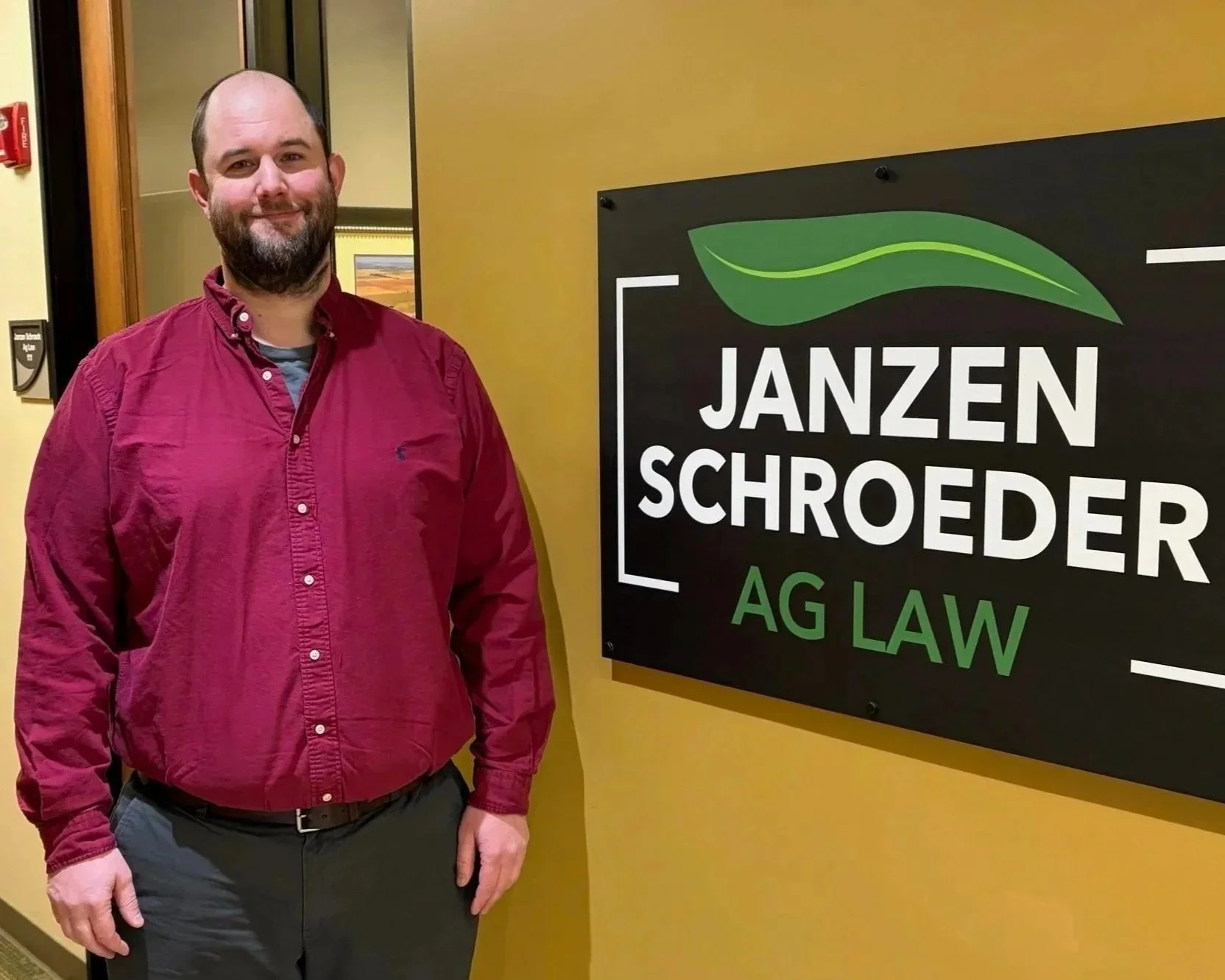



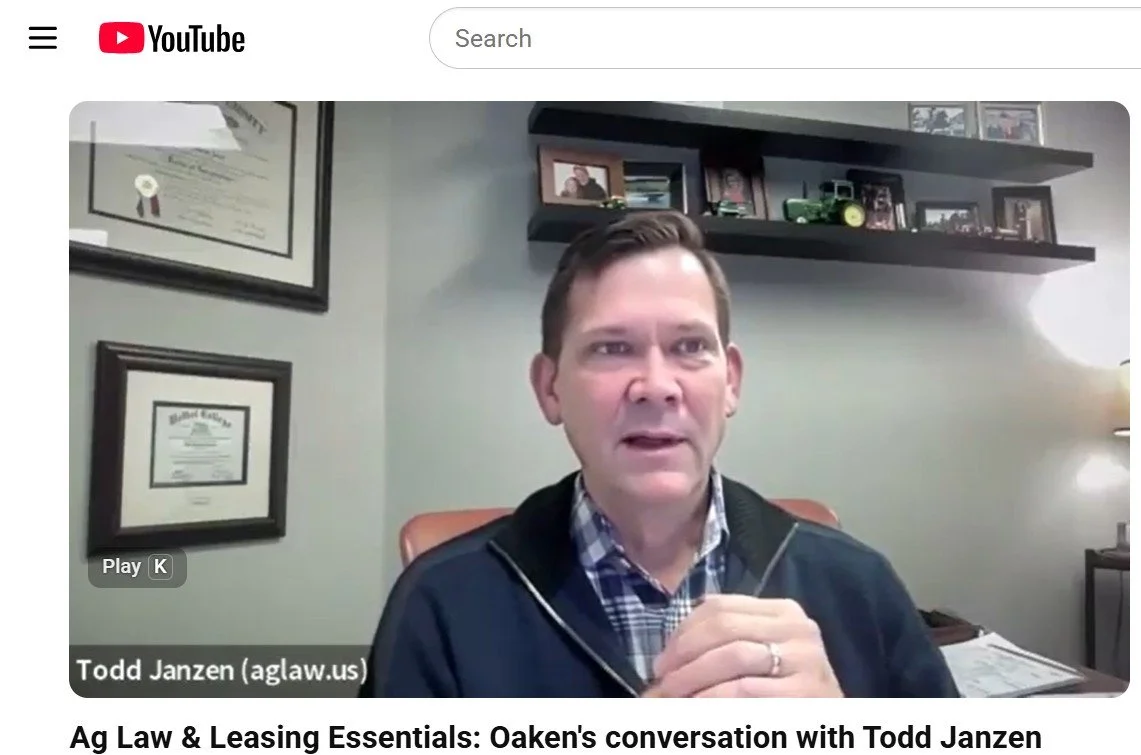

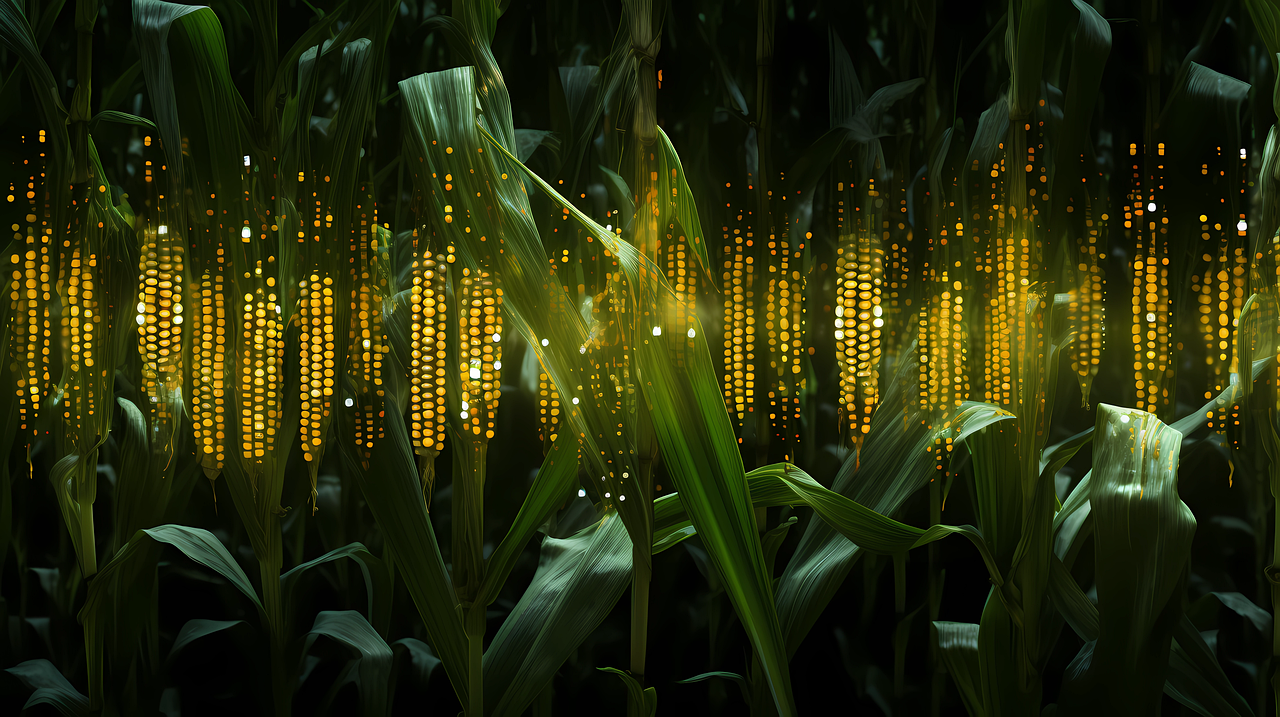
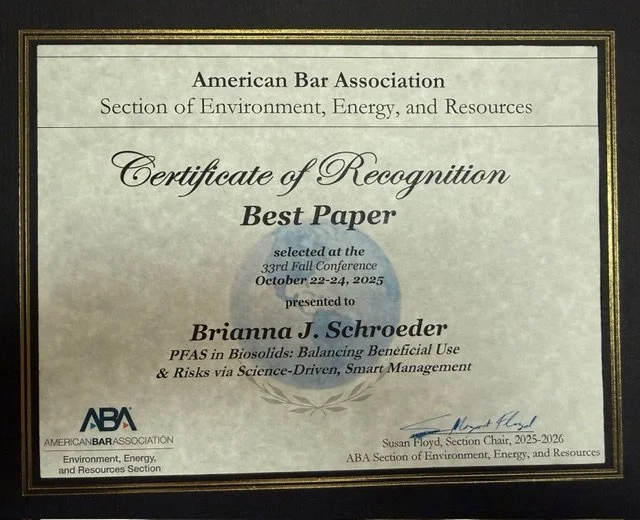
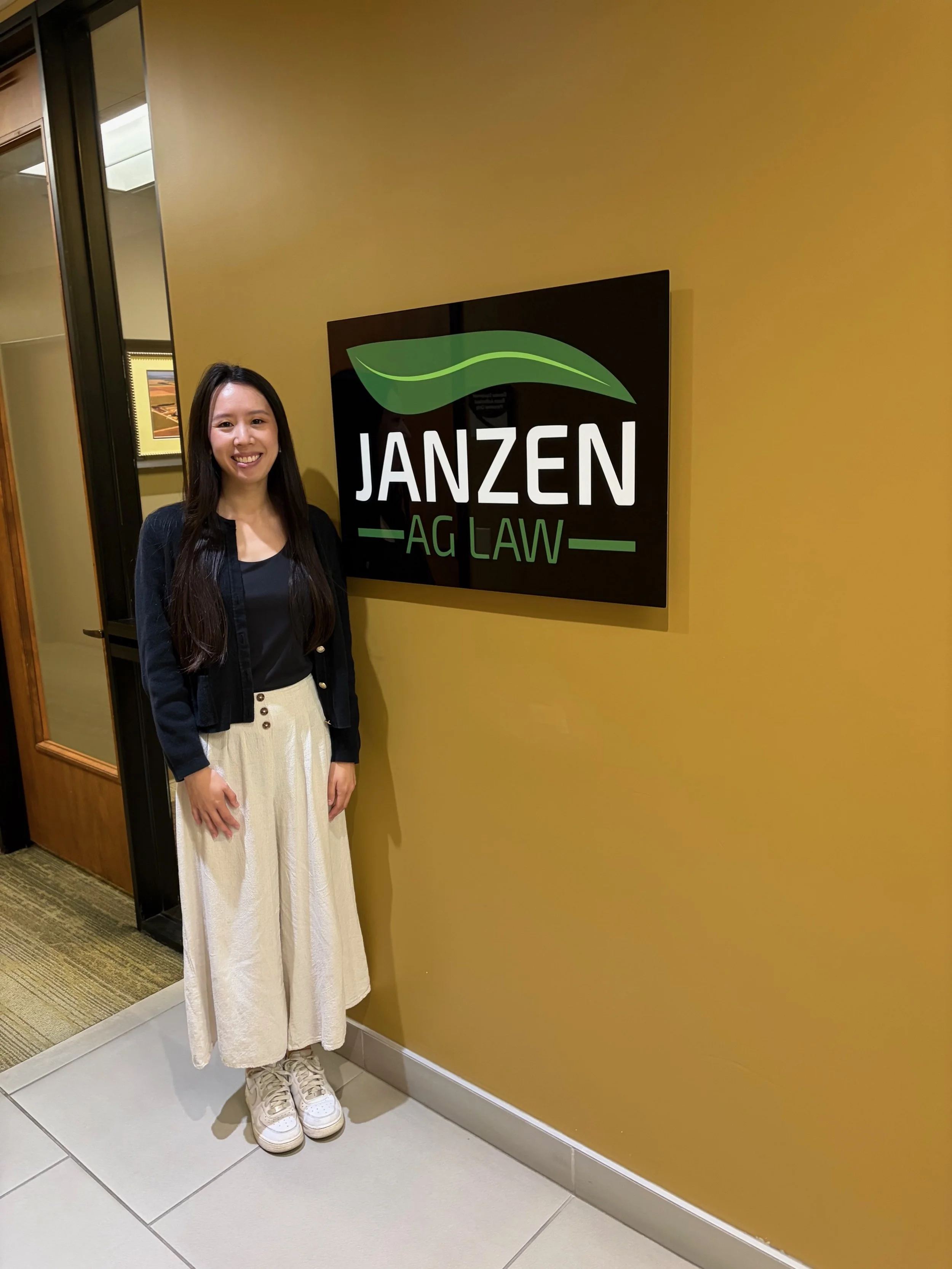
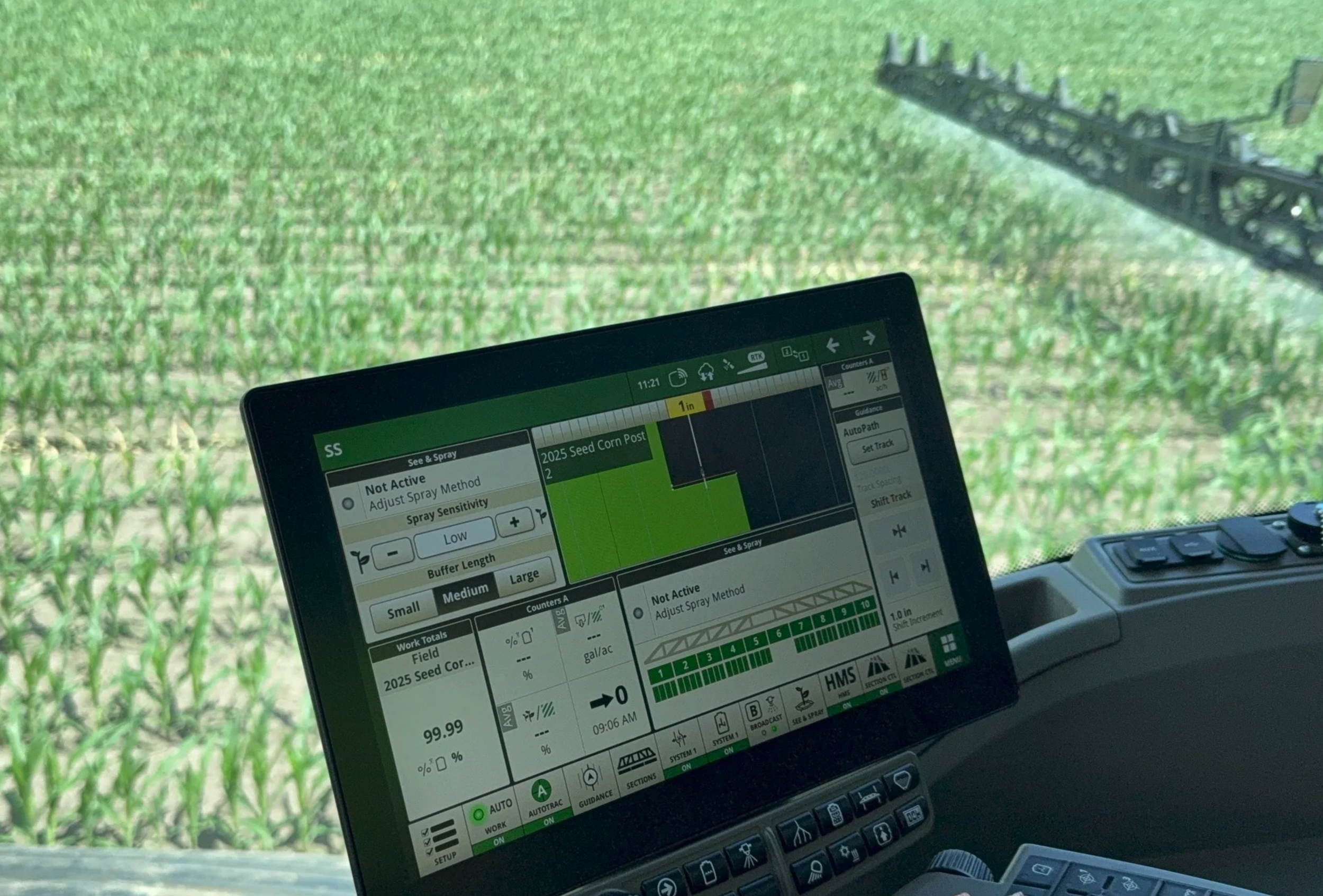







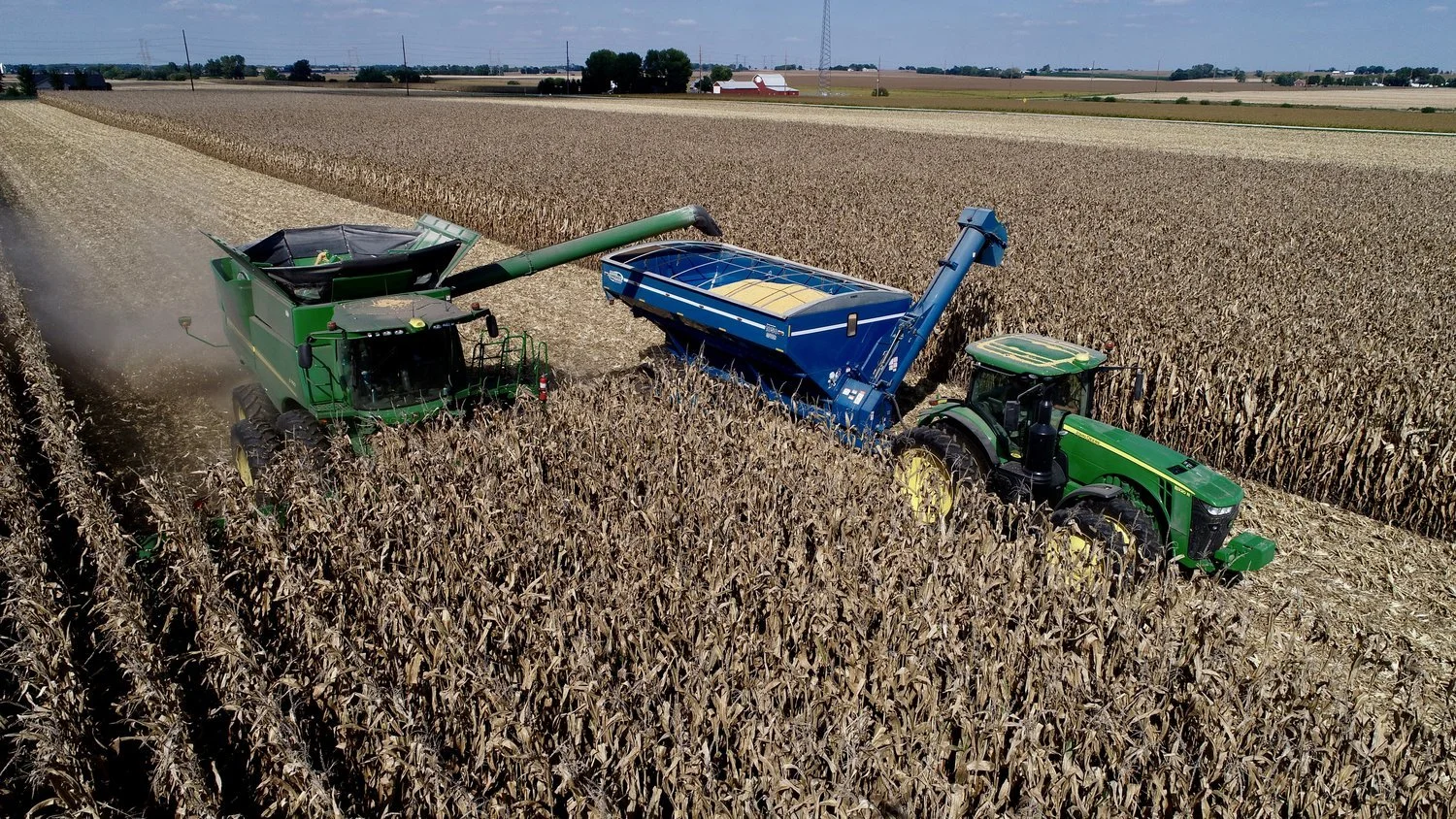
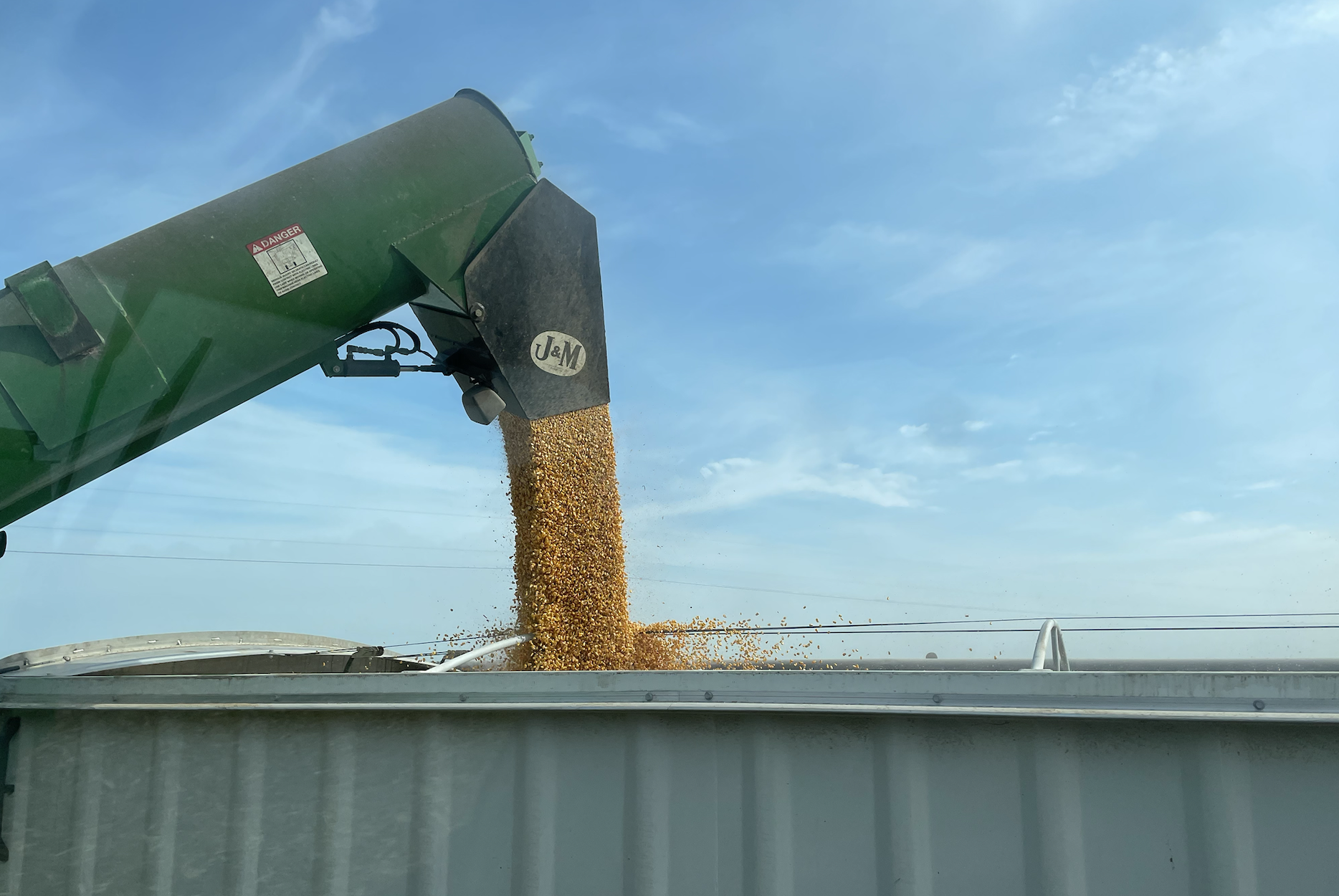
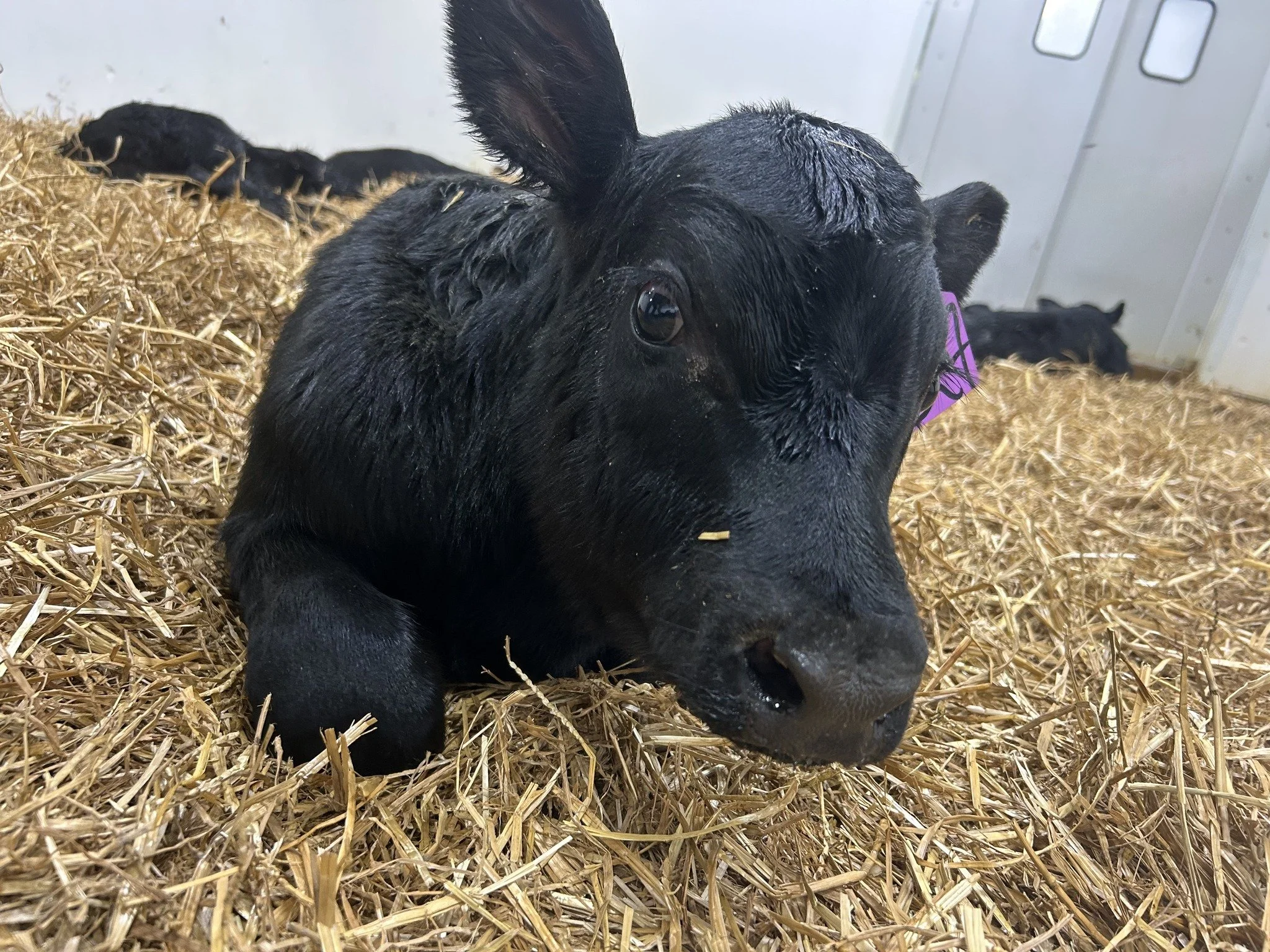









Todd Janzen and Brianna Schroeder have both been named “Super Lawyers” in the 2026 edition of Indiana Super Lawyers magazine.